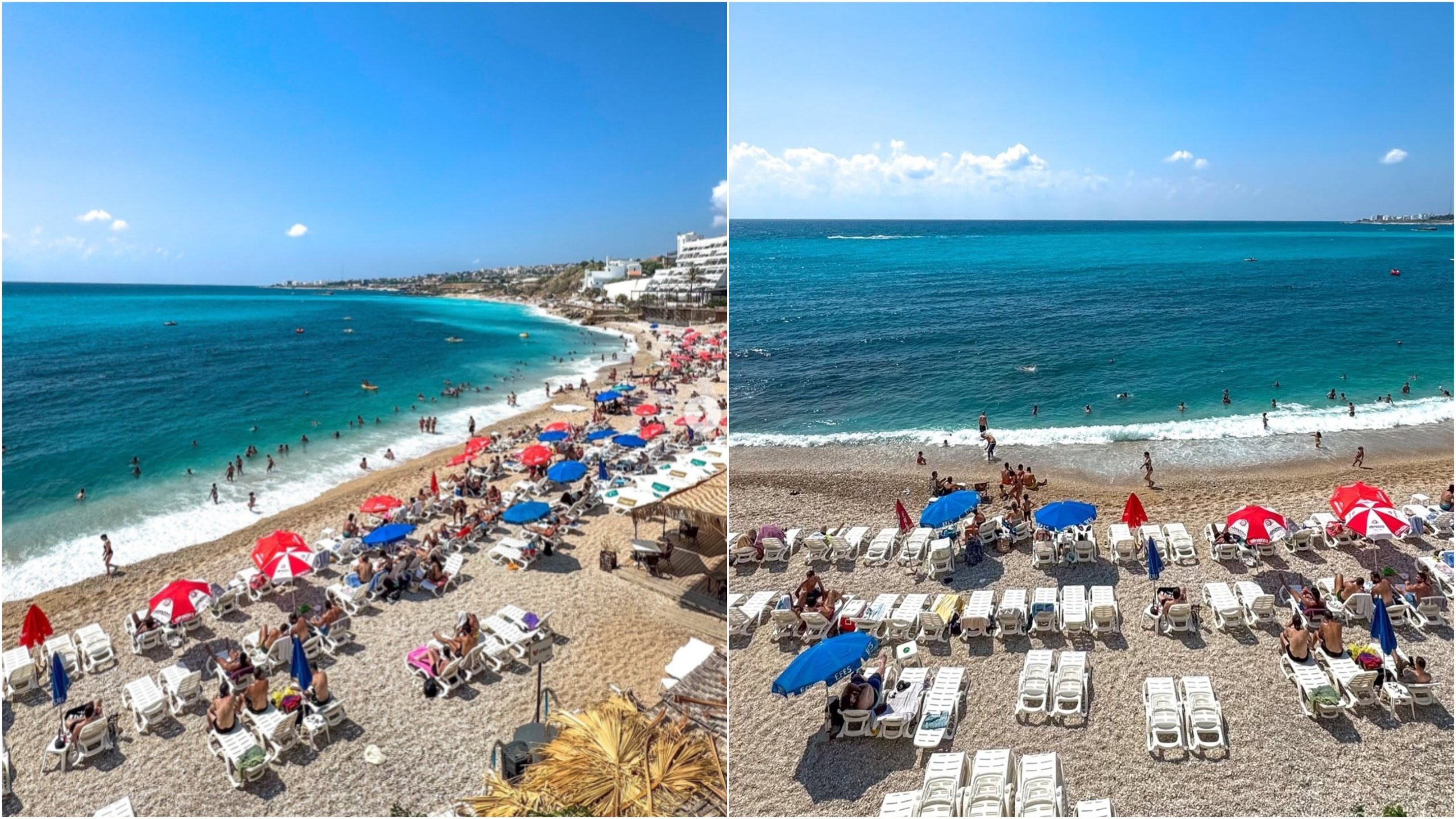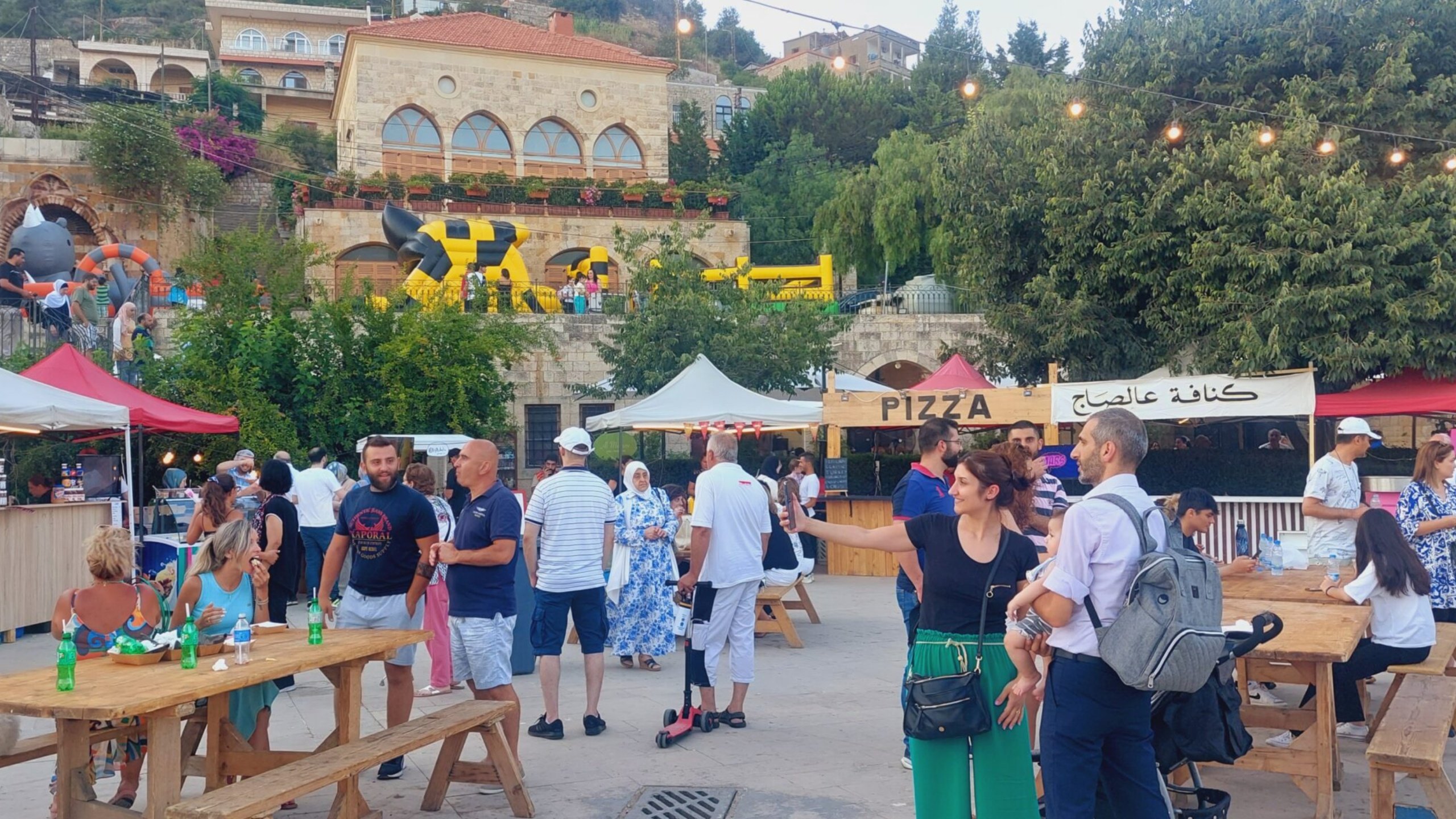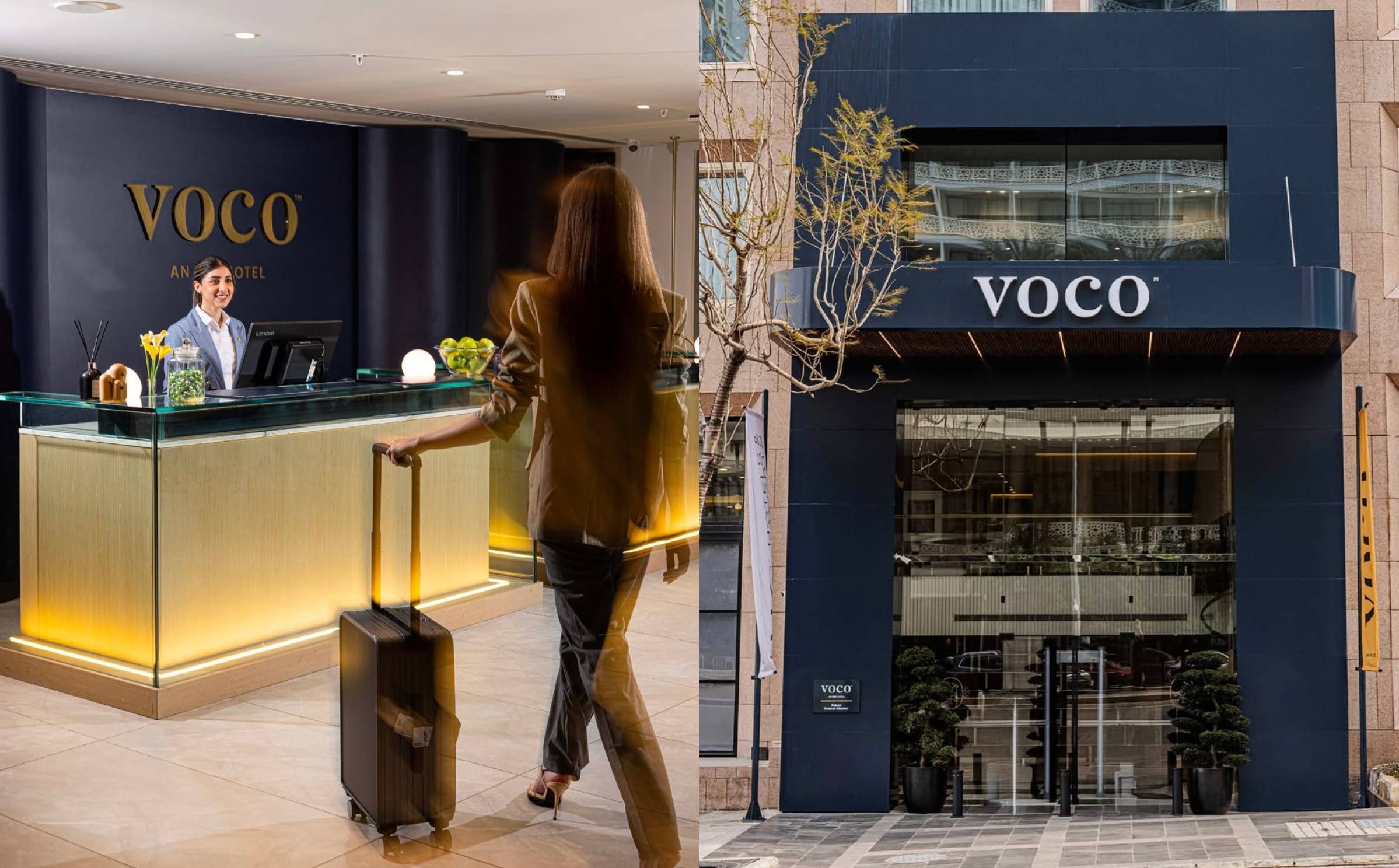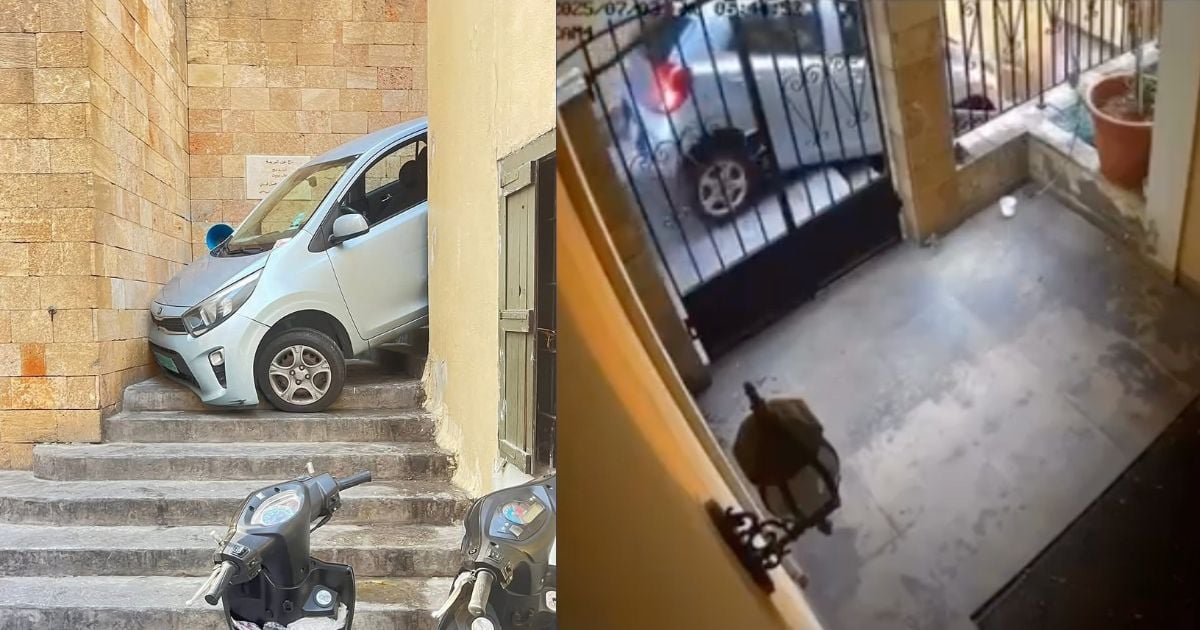The Great Beirut Trash Pile-Up: Why It Happened and What’s Going to Happen Next
Over the weekend, the streets of Beirut and Mount Lebanon got a little messy, as the green Sukleen dumpsters overflowed with excess garbage, spilling onto the streets and stinking up the place. After much confusion and irritation from citizens, Sukleen announced that the road to the Naameh landfill had been blocked by a sit-in of protesters and activists. The sit-in, which has been going on since this past Friday, was organized by Naameh residents who could no longer endure the conditions created by the landfill.
As of Sunday evening, members of the sit-in announced they would be opening the road for 48 hours, allowing the passage of garbage trucks and temporarily alleviating a desperate Beirut. Here are some of the reasons why all of this is going on.
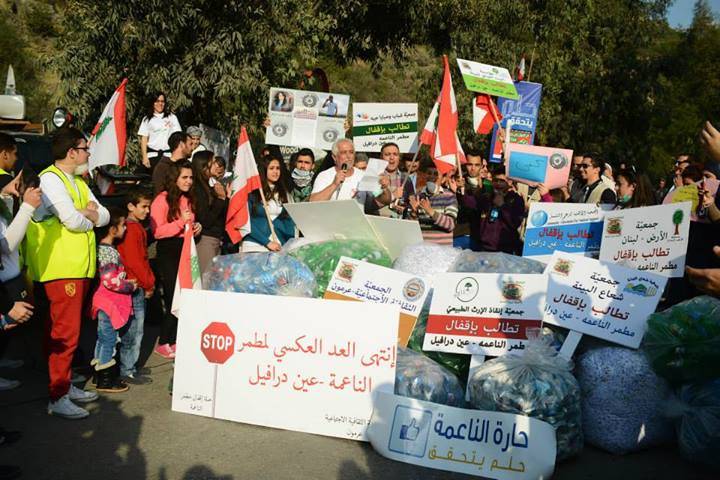
(Photo via Al Akhbar)
An Overstayed Welcome
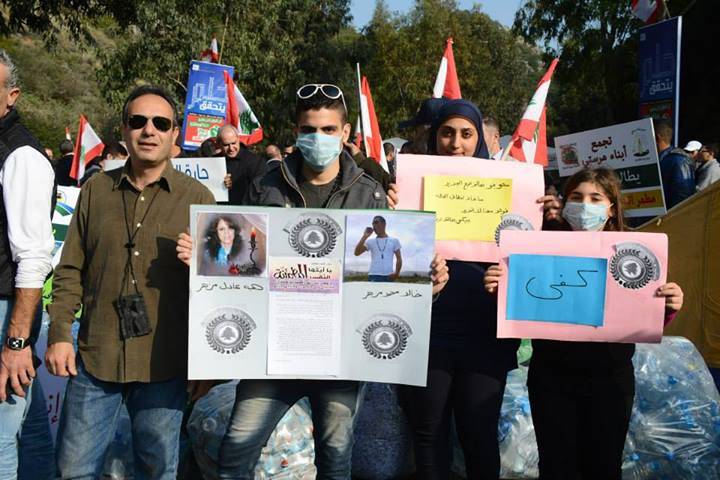
(Photo via Facebook)
First of all, it must be made clear that the problems of the Naameh landfill had been plaguing residents for a long time now; perhaps too long. According to The Wall Street Journal, the landfill was set up in 1997 with an initial six-year agreement between Sukleen and the Council for Development and Reconstruction, or CDR, a public body that carries out infrastructure work for the government.
However, despite constant complaints by residents for years, the government continued using the site, even authorizing its expansion, well after the agreed upon six year period had expired. This is mainly due to the government’s failure to locate alternate sites, or more accurately, alternate sites with permission from the local communities to utilize their land, as well as the inability to develop other waste management solutions. If that wasn’t bad enough, CDR recently extended its agreement with Sukleen to January 2015. So you can see why some people would be a little pissed off.
For the Sake of the Environment
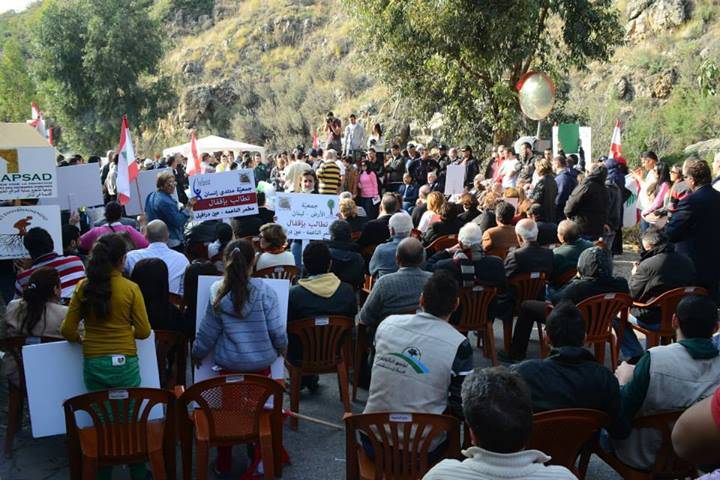
(Photo via Facebook)
Though giant heaps of garbage rarely mean good news for the environment, there is little danger from living within the regulated limit of a properly maintained waste disposal site. The Naameh landfill may not quite fit the label of “properly maintained” though. In addition to actually being there for way too long, the Naameh landfill is also heavily overloaded.
The site was designed to hold 2 million tons of waste, but currently, it is estimated to contain 10 million tons; more than quadruple its limit. This has had negative effects on the land, polluting both air and water. According to Al Akhbar, the landfill is thought to produce 20,000 cubic meters of methane per hour, and has created leachate, a liquid that has dissolved or contains environmentally harmful substances (making it toxic) which may then enter the environment.
Unbearable Living Conditions
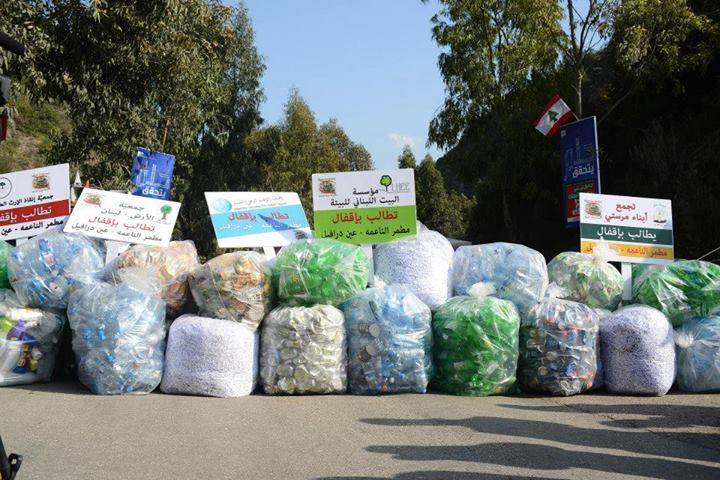
(Photo via Facebook)
Predictably, these environmental hazards have also manifested themselves in the form of biological side effects. Naameh residents argue that the landfill is posing serious health risks to the people and have complained of high levels of allergies and cancers. Air pollution can lead to a variety of diseases such as asthma, inflammation of the lungs, lung cancer, infections, which lead to chronic obstructive pulmonary disease, as well as increasing the likelihood of heart attacks and strokes. Then there’s soil pollution, which can cause cancer, kidney and liver disease, brain and nerve damage, malaria, cholera, and dysentery. Not to mention the obvious issue of the putrid odors emitted from the tremendous trash heap.
A Call to Recycle
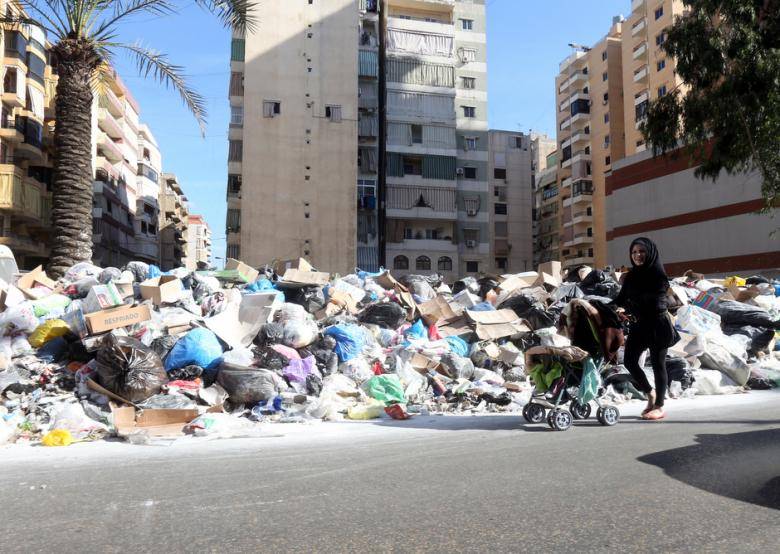
(Photo via Facebook)
These people don’t just want what’s in their own interest. Whether you know it or not, they are in fact fighting for the greater good of the country and its environment by pushing for more focus on recycling, which would benefit not only the people of Naameh, but everyone else as well. Didn’t those giant piles of trash bags everywhere make you wish there were less of them in the first place?
According to NOW Lebanon, the protesters have declared that “the only solution to the trash crisis is recycling.” Al Akhbar stated that an estimated 75 percent of the content of the landfill is organic matter. Sukomi, the company in charge of managing waste treatment and disposal, only composts 10 percent of it, and recycles less than 7 percent of the trash in Naameh.
Beirut.com spoke to Paul Abirached, head of the NGO Lebanon Eco Movement, who are part of the sit-in: “Based on a contract, we will only allow waste material that is not organic, does not emit odor and cannot be recycled, such as porcelain. This type of waste will be allowed into the landfill.” He further clarifies: “We have unblocked the road now with no conditions [on what kind of waste enters], but our condition [for doing so] is that in these 48 hours, the government goes into talks with us. There will be a meeting today. After that, everything will become clear.”
(Photo via Twitter)



